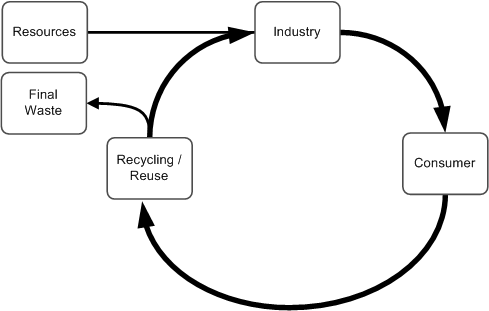Airwashing: The Fraud of the Carbon Market
Julio F. Campos This article is dedicated to expose how the carbon credit market helps companies evade their responsibilities to the environment and the health of society in their environment. Nowadays when a corporation talks about environmental sustainability the first results presented is the reduction in carbon emissions. Although some of them achieve that reduction by moving to renewable sources but presenting only the results with higher reductions, not the whole life cycle, many use the carbon market to calculate their emissions reductions. The principle behind the carbon market is simple, the company A emits X tons of carbon, the company B grow biomass that sequesters that X tons, generating carbon credits. Company A buys company B carbon credits and neutralizes its carbon emissions. As exemplified by Dr. Katharine Hayhoe an interesting analogy to understand how this can be made is: Imagine that person A wants to loose weight and pays person B to go to...
